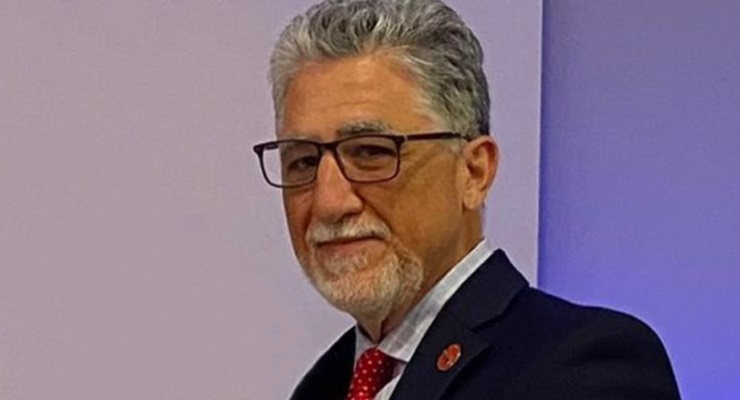
Sen. Anthony Portantino (D – Pasadena) joined San Francisco County Supervisor Ahsha Safai and NBA player Gary Payton II for a rally on the steps of San Francisco City Hall to support universal screening for risk of dyslexia.
Also joining the rally were representatives from Decoding Dyslexia CA, California State Parent Teacher Association, San Francisco NAACP, Oakland NAACP, San Francisco Board of Education, San Francisco Public Library, and many dyslexia advocates. Senator Portantino highlighted his own struggle with dyslexia during the press conference.
“Early universal screening for risk of dyslexia will improve the lives of countless children, help them thrive in school and succeed throughout their careers,” Portantino said. “As a state, we must embrace a model of prevention – not a model of failure. Screening outlined in SB 237 will help us achieve this goal. I am excited to work with Supervisor Safai, Gary Payton II of the Golden State Warriors, as well as Decoding Dyslexia CA, to continue to highlight this important issue that is personal to so many of us.”
It is estimated that approximately 10% to 15% of Americans have symptoms of dyslexia, making it the most common form of learning disability.
The proportion of people with dyslexia is believed to be much higher amongst incarcerated individuals. A 2000 study of Texas prisoners estimated that about half the prison population was likely dyslexic, while a 2014 study by the education department found that a third of surveyed inmates had trouble with simple reading questions.
Additionally, research has found that youth with poor reading skills are more likely to experience suicidal ideation and attempts, dropping out of school, substance use and depression. Positive outcomes in academic, social, emotional and economic domains rely on early identification and intervention for risk of dyslexia.
“California has some of the lowest reading outcomes in the nation,” said Lori DePole, co-director of Decoding Dyslexia.
“Early identification of students at risk for dyslexia through required K-2 universal screening is a critical first step in addressing the reading crisis. The majority of states already require screening. California is lagging the nation on addressing early identification.”
Portantino struggled with dyslexia, ADHD, and cross dominance during his own time in school and continues to face these challenges every day.


















